UK-EU Strike Northern Ireland Pact As Brexit Talks Near Climax
Britain and the European Union on Tuesday announced a pact to regulate complex arrangements for Northern Ireland after Brexit as both sides readied for a face-to-face showdown to try to salvage a wider trade deal.
Prime Minister Boris Johnson will meet EU commission chief Ursula von der Leyen in Brussels on Wednesday to try to find the breakthrough that has eluded their trade negotiators for months.
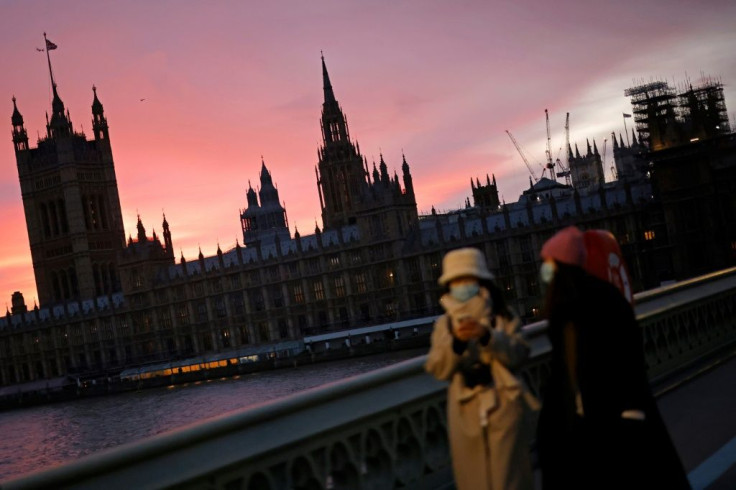
Britain leaves the European single market in just over three weeks, with time running out to find an agreement.
EU member state Ireland said the pact on Northern Ireland, which is part of the UK, offered some hope for a broader trade deal, even if neither London nor Brussels were particularly optimistic.
"I am always hopeful, but I have to be honest with you, the situation at the moment is tricky," Johnson said as he toured a London hospital for Britain's historic rollout of a coronavirus vaccine.
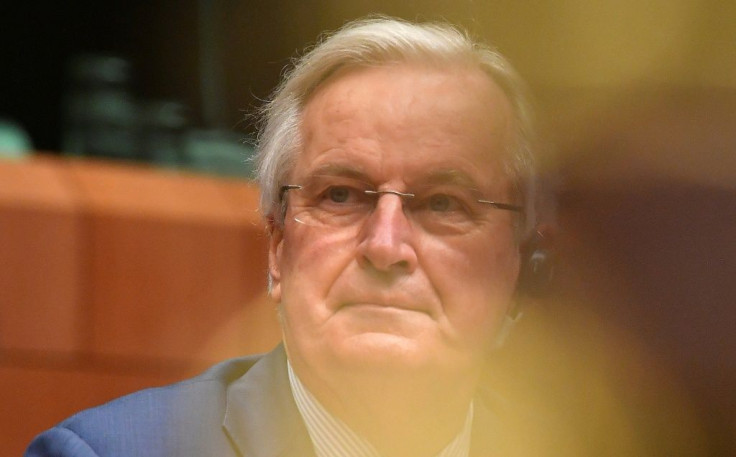
"Our friends have to understand the UK has left the EU to exercise democratic control. We are a long way apart still," he said.
After the negotiating teams' latest session in Brussels, Johnson held a phone call with von der Leyen late Monday and secured an invitation to head over in person.
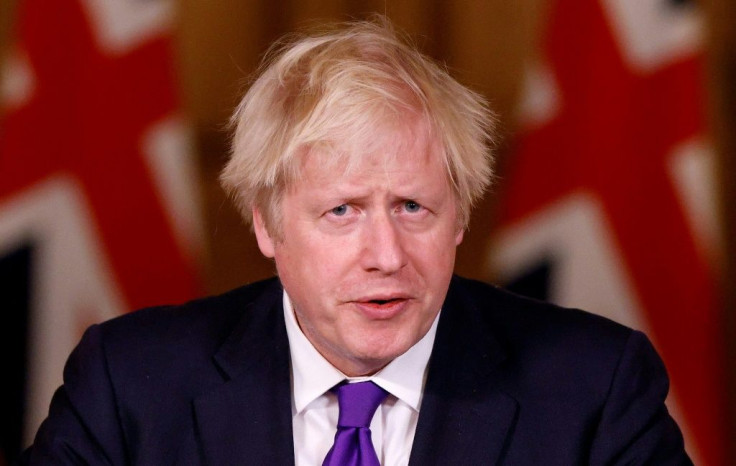
They both noted yawning gaps remain on three big issues: ensuring a "level playing field" for cross-Channel competition after Brexit, arbitration of a future deal, and fisheries.
The 27 EU leaders are due to meet in person at a summit on Thursday.
But Downing Street said there were no plans for Johnson to meet French President Emmanuel Macron or German Chancellor Angela Merkel.
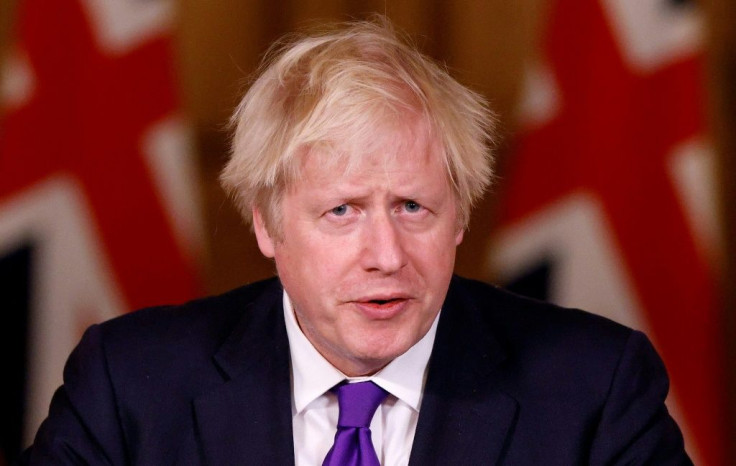
EU negotiator Michel Barnier and his UK counterpart David Frost held another session of contacts Tuesday in Brussels, to review progress and draw up a report for their leaders.
After briefing EU ministers, Barnier tweeted: "Full unity. We will never sacrifice our future for the present. Access to our market comes with conditions."
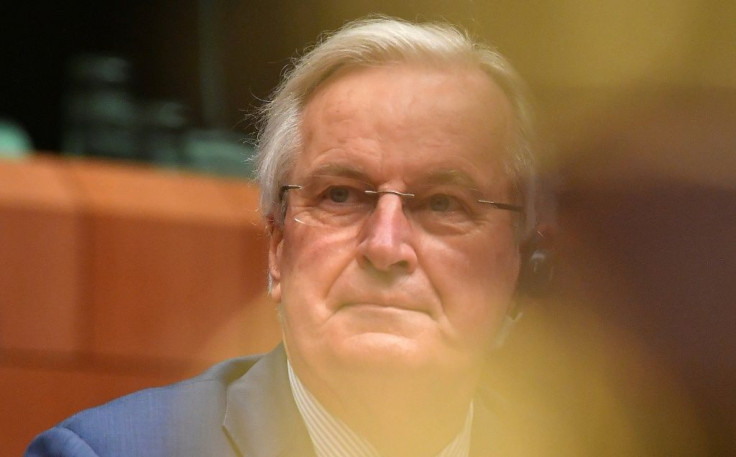
Even as London and Brussels try to carve out a new trading relationship after nearly five decades of tight economic integration, the separate and politically vexed issue of Northern Ireland has been looming in the background.
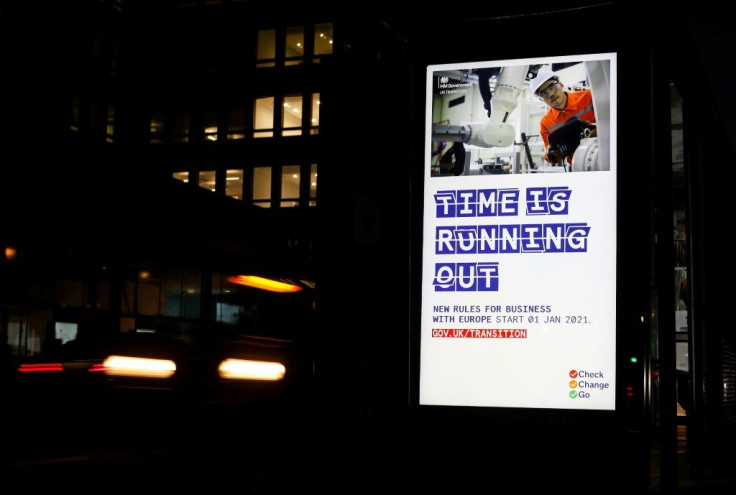
Northern Ireland will have the UK's only land border with the bloc from next year, and that border is meant to stay open in all circumstances as part of the 1998 peace deal that ended three decades of violence over British rule.
Senior UK minister Michael Gove and European Commission vice-president Maros Sefcovic said agreement had been made "in principle" on border arrangements for Northern Ireland, covering goods passing from the British mainland to the province, and onwards to the EU's single market via Ireland.
As a result, London will cut three controversial clauses in a bill going through parliament that would have denied Brussels a say in future trading arrangements between the province and Ireland.
That could smooth the path for Johnson's trip to EU headquarters after Germany's Europe minister Michael Roth pointedly demanded London restore "trust and confidence" to the relationship.
"We want to reach a deal, but not at any price. What we need is political will in London," he said.
Irish foreign minister Simon Coveney said the Northern Ireland agreement was "a very important positive" as it meant the issues around the border were now all settled.
"Hopefully this is a sign that the British government is in a deal-making mood," which could help in the wider trade talks, he told Ireland's state broadcaster RTE.
Irish prime minister Micheal Martin agreed but said the broader framework remained perilous.
"This isn't about choreography, as some people may think. There's a very serious issue with respect to the level playing field that will be difficult to resolve," he told parliament in Dublin.
"And unfortunately we are facing the prospect of a no-deal Brexit if something doesn't break that over the next day or two."
Britain left the EU on January 31 and entered a transition period to allow negotiations to establish a trade relationship with zero tariffs and zero quotas.
Johnson boasts Britain will thrive whatever the outcome of the talks and has rejected asking for a longer transition, or to prolong the negotiations into next year.
"But you know, we will prosper mightily" either way, he added.
© Copyright AFP 2024. All rights reserved.




















